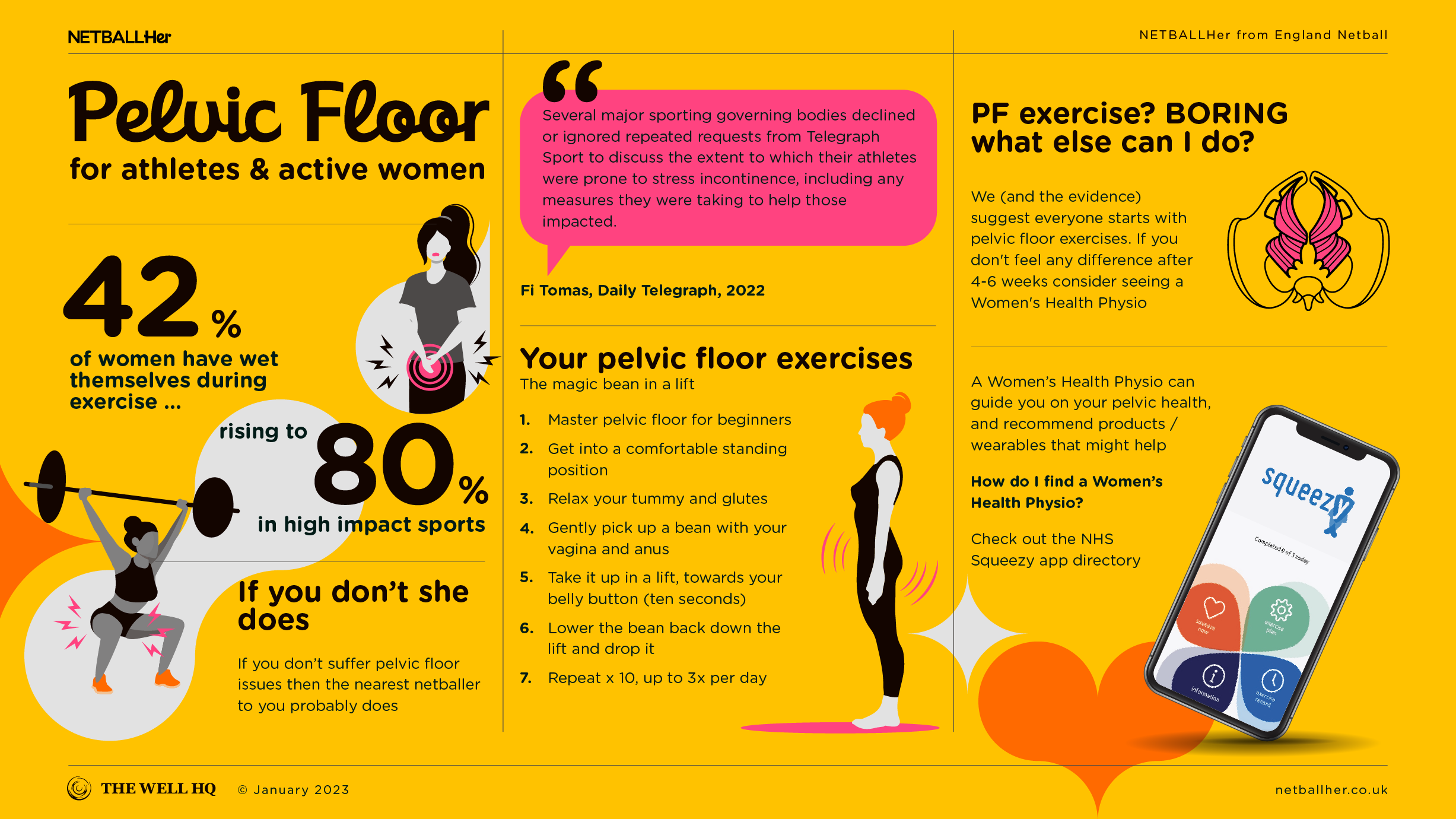Click play for an audio readthrough of this article
Starting or growing a family – a huge decision and a lot of big questions …
You’d think there’d be piles of research into pre and postnatal exercise but unfortunately not. Science is lagging.
Still, once upon a time the country’s brightest minds said that exercise in pregnancy was dangerous but we’ve evolved past that point to where exercise is now recommended for mums-to-be – and rightly so.
Cool. Let’s explore a little more and a bit of how to …
Times have changed
The recommendation to stay active in pregnancy is a sea change from even ten years ago, and active women from all walks of life are keen to fly the flag for prenatal exercise on the social media airwaves.
However. Not all the info circulating on Instagram and TikTok et al stands up. Research is relatively thin and less than 6% of personal trainers (and even fewer coaches) actually hold the kind of credentials (a pre and postnatal qualification) that permit them to talk about exercise during these lifestages with any kind of authority.
So don’t be swayed too heavily by the influencers. Chances are they’re leading with opinions – not necessarily facts.
Can I play netball?
The first question you no doubt have is can I play netball? The answer comes in two parts 1) Yes and 2) But …
Yes: England Netball follow World Netball Guidance which says it is the woman’s choice as to whether or not she plays in pregnancy. So theoretically you can play netball all throughout …
But. Probably 99.9% of you will choose to call time on netball at some point in your pregnancy for various, valid reasons. It’s also worth noting that England Netball members are not insured against any pregnancy-related incidents or injuries.
So there it is. Playing netball through pregnancy is possible but perhaps not so practical. If you do desire to keep playing, we recommend you seek and stay close to medical advice along the way.
But hey, no doubt you’ll still want to keep moving, fit and active through your pregnancy – and the rest of this article will focus on how to.
Current pregnancy guidelines
The current guidelines on prenatal exercise recommend that healthy women with uncomplicated pregnancies rack up 150 minutes (that’s two and a half hours) of moderate intensity physical activity per week, plus two days of strength training per week.
The guidelines go on to say that athletes and women who previously trained at high-intensity can keep going as they were; provided they feel okay and have no complications.
Yes, it’s a bit vague but, once again, there’s not enough evidence to draw on. We also have to remember that all women and all pregnancies are different. Everyone starts in a different place, has different goals and health and risk profiles and so on.
So questions, considerations, training, diet and action plans need to comfortably fit the individual – who she is, her health, and the unique nature of her pregnancy.
In our experience, convincing very active women to exercise in pregnancy isn’t hard. The real challenge is more about establishing the right kind of exercise: a routine that meets her expectations and works around the particulars (and the risks) of her pregnancy.
A first step on the journey
As said, exercise during pregnancy should be tailored for the individual. To work out what’s best for you and how to go about it safely, we recommend you consult, if possible, a pre / postnatal-qualified personal trainer or coach as well as your doctor, midwife and any other professionals supporting you on your journey.
A good team will help hugely but we have to emphasise the word good. Not all professionals are particularly well-versed on the topic so try to tap into your local networks and seek out recommendations for sport and medical pros experienced in supporting pregnant active women.
A good exercise, no pun intended, to do at the very start of your journey is the new UK version of the Get Active Questionnaire, published by the Active Pregnancy Foundation. This is a great tool to understand and begin assessing your readiness for an active pregnancy.
The benefits of exercise in pregnancy
During pregnancy, exercise will continue to offer the same things it always did: a rush, freedom, fitness, de-stressing, belonging, community and so on.
Those benefits remain, and we can actually add to the list.
For example, we know that pregnant women who exercise decrease their risks of gestational diabetes, back pain, excessive weight gain, complications in the delivery room and depression during and after.
We also know that exercise in pregnancy will likely improve self-image, body confidence, body awareness, sleep, and blood circulation – which will reduce swelling and cramps.
It’s also true to say that maintaining fitness levels in pregnancy will support a happier and smoother return to sport post-childbirth.
Can exercise harm my growing baby?
This is a very common question so best to answer it up-front: prenatal exercise is not associated with miscarriage, preterm delivery or a small baby …
However, three-quarters of all miscarriages do happen in the first trimester of pregnancy so we utterly understand why many active women decide to stop training, or at least dial it back.
We get it and there are no wrong ways to go. It’s your choice and one to take, if possible, in consultation with your medics; and with the support of your coaches, teammates and trainers.
Pregnancy-related conditions
Some medical conditions increase the risk of foetal harm so adding moderate or high-intensity exercise to the mix may not be recommended. Your doctor or midwife will be best-placed to advise and guide on this.
If you are told that moderate and / or high intensity exercise are indeed off the table then perhaps walking, stretching and swimming will fit the bill instead. Always speak to the professionals and listen to what they say.
If medics say exercise during pregnancy is a no-no fullstop then you have your answer. But even where you have to drop the physical component of your sport, we suggest it’s more essential than ever that you keep up with the social and team aspects.
So stay involved with your netball family. Stay in the middle of the herd. Don’t lose the social and community aspects of the sport (and the people) you love. Ask coaches and teammates to support, include and involve you even while you’re out of (physical) action.
New evidence emerging
It’s good news that researchers are learning more all the time on the topic of exercise in pregnancy and some newish findings suggest that exercise may still be a positive for pregnant women who have certain medical conditions.
This isn’t (yet) a green light for women with pregnancy-related conditions to exercise but, if this is you, we suggest you find and connect with researchers in order to help them to add depth and weight to the evidence base.
Put yourself forward and you could add new dimensions to their work, and potentially benefit women who have pregnancy-related conditions in the future.
Stop exercise immediately if …
If you’re pregnant there are some big red flags as to when you should stop exercising and seek help immediately, these include:
- Vaginal bleeding
- Painful contractions
- Amniotic fluid leak
- Chest pain
- Unexplained shortness of breath that doesn’t go away
- Dizziness, feeling faint or severe headache
- Calf pain, swelling or redness
- Sudden swelling of the ankles, hands or face
A note for coaches (and teammates)
A pregnant player in your team or at your club isn’t likely to share any medical situations related to her pregnancy with you unless you’ve built a solid rapport with them.
This is the importance of relationship-building at your club. Where coaches (and teammates) foster a supporting and nourishing environment, all players can lean into the strength of the team when they need to do so. It’s important players feel they can let help in and count on the support of their netball family.
For coaches (and teammates)
- Make yourself available for conversations
- Ensure that players know you’re here for open and honest two-way communication
- Run through the above list of reg flags with pregnant women in your team and remind them to stop and seek help if any such symptoms appear
- Real-life stories help so perhaps your club can arrange talks from others that have been through the experience and can answer questions
- Do you have guidelines / protocols in place to support pregnant women?
- Do you or can you provide fact sheets and materials to guide decision-making during pregnancy?
- Ensure she still feels parts of the social and community elements of netball, even if she can’t play
A last word
In many ways we’re all at the beginning of the journey to establish a framework of best-practise that can inform exercise in pregnancy. The pieces put together as part of this article are a good start, but the key thing we always have to come back to is how individual exercise in pregnancy is. There are so many variables – and not enough evidence – to put together any more than some loose guardrails to steer the approach.
That said, the messages in this article are complemented well by content around mental health, nutrition and guidelines for the postnatal return to exercise – which you’ll also find in this Pre & Postnatal section of NETBALLHer.
As a reminder, the content of the course belongs to The Well HQ. You have permission to access and use the content yourself or, if you are an organisation, for the number of users selected, but are not otherwise permitted to share such content with others, all in accordance with our Course Terms and Conditions.

